1) Hi Nada, can you tell us what you've been up to since graduating from THINK Global School in 2022? Since graduating in 2022, I've been pursuing a passion I found while at TGS, sustainability, and I am currently majoring in engineering in renewable energy systems at Al Akhawayn University, in Ifrane, Morocco. But there is way more than that! I've had a chance also to explore the world of...
Read MoreWith travel at THINK Global School postponed due to the pandemic, all of our students are working remotely for their second term of the school year. Thanks to our curriculum’s flexible nature, however, the quality of virtual learning taking place is consistent with if students were participating on projects in-country. The main difference being that the driving questions and content behind this term’s projects have been modified to better suit our remote format.
Quick Cohort Explainer
While we are one school, THINK Global School is comprised of two cohorts and each cohort consists of thirty students. They are respectively known as Changemaker Cohort 1 (CM1) and Changemaker Cohort 2 (CM2). You can learn more about cohorts at THINK Global School here.
Quick Learning Overview
Our curriculum is based on project-based learning, and each term students select to participate in one term-long project. These are known as teacher-led modules and ask students to answer a driving question in a manner they see fit. Alongside the teacher-led module, students also create personal projects that explore the concepts they are passionate about.
Before beginning work on a project, all students at THINK Global School submit an excellency paragraph to their project advisor stating what they would like to complete over the course of the project. At the end of the term, the student and educator then review the project work and decide whether the student met their stated outcomes. If a student does well on one particular aspect of the project, they might be eligible to move up in rank on that particular learning target. More detailed information on skill mastery and learning targets can be found here.
Now, on to the projects!
CM1
CM1’s teacher-led modules this term present three unique project concepts for students to explore: media manipulation, food culture, and sustainable fashion.
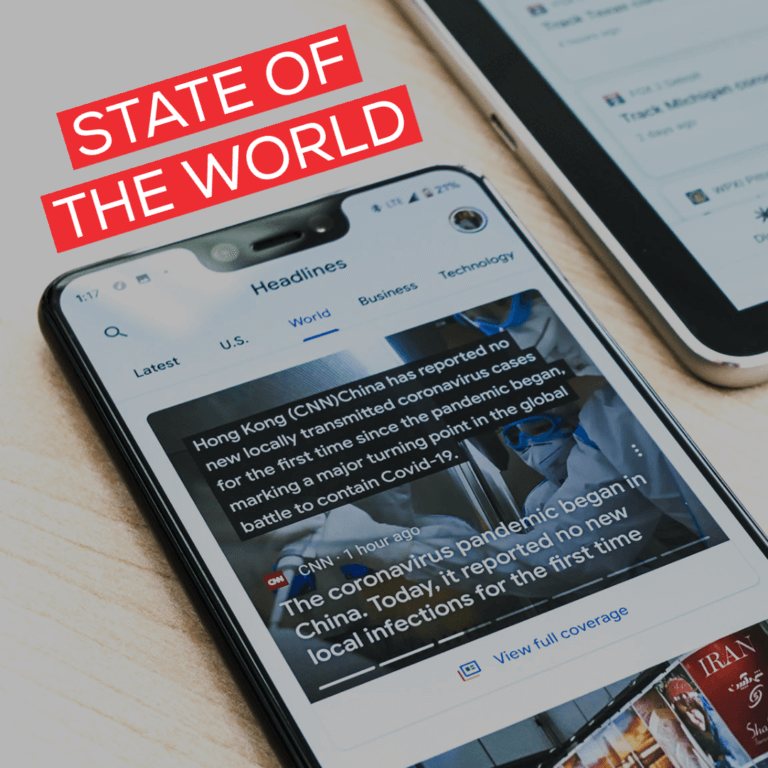
Driving Question: How can we think critically to effectively inform citizens in a media manipulated world?
Module Overview: In the State of the World module, participants are challenged to develop critical media literacy skills and apply them to understand current events by (a) analyzing mass and social media narratives from multiple perspectives, (b) examining the core ideologies that sustain those narratives, and (c) exploring the deeper sociocultural, political, and economic context underlying them. Students will work in teams to critically analyze and deconstruct media narratives around a particular issue, and produce a series of thoughtful, evidence-based social media messages to inform an audience how to think more critically about an issue and express their reasoned standpoint.
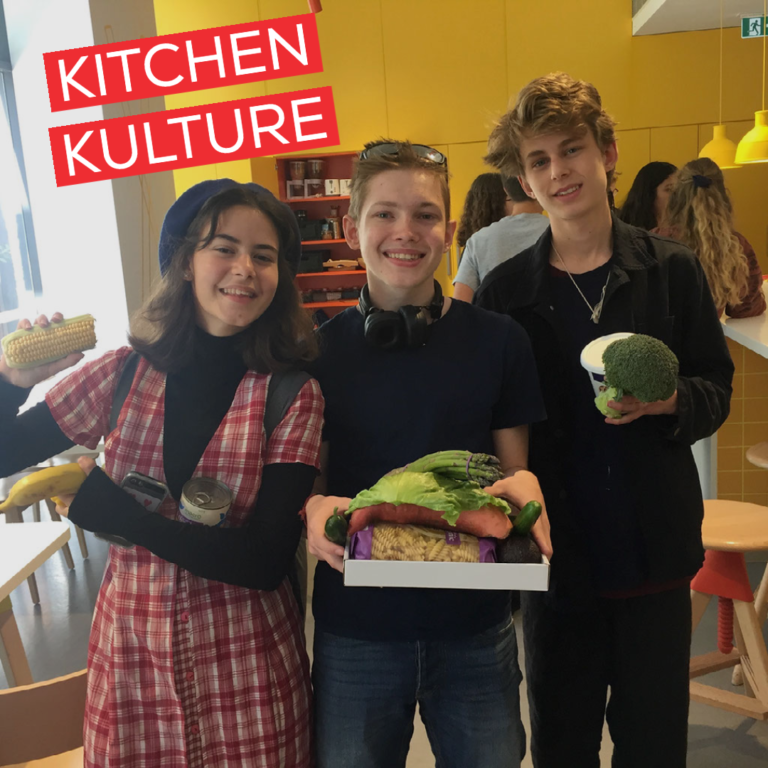
Driving Question: What are the unique characteristics of a food from my culture and how can I share that with the world?
Module Overview: Participants in the Kitchen Kulture! module will take the opportunity to “digest” their own culture through food. Each student will identify a dish that represents where they are from and analyze its ingredients. They will then work to produce a collaborative digital cookbook explaining how to cook the dish while highlighting the dish’s unique cultural aspects. Towards the end of the module, students will have a chance to create a fusion dish based on what they learned from each other’s cultures.
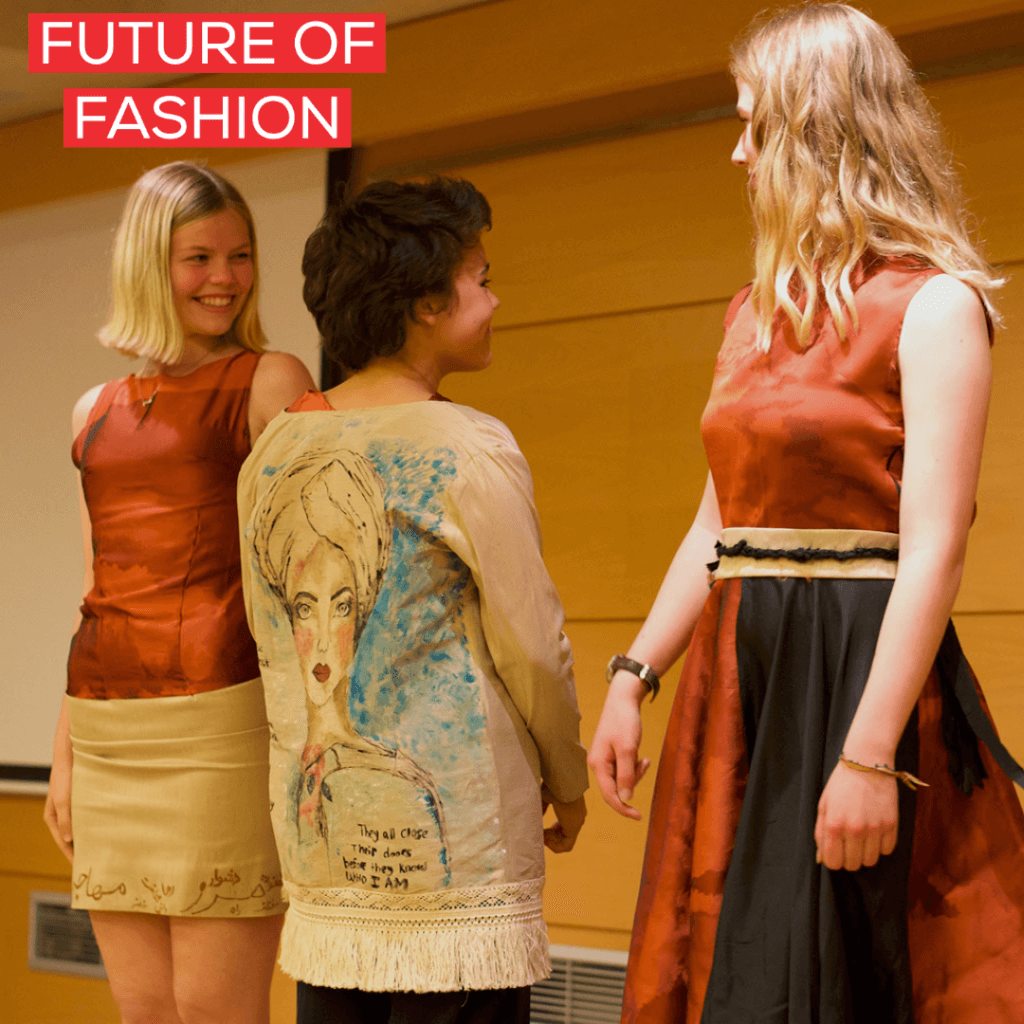
Driving Question: How might we produce a product or concept that contributes to a more sustainable fashion future?
Module Overview: The Future of Fashion module is a look at fashion’s many facets through the lenses of the past, present, and future, with an emphasis placed on fashion’s environmental and cultural impact. Students will use fashion design, technology advances, and research into sustainable practices to create a project that explores possible solutions to a problem that fashion has created within the world.
CM2
CM1’s teacher-led modules this term present three different project concepts for students to explore: flow state, gaining perspectives on conflict, and the art of zine making.
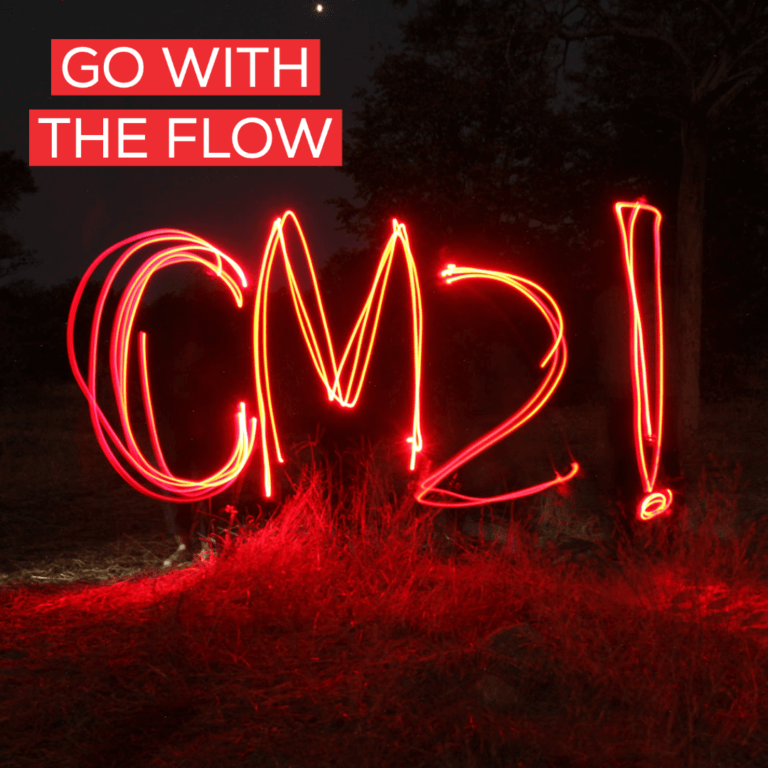
Driving Question: How can I apply an understanding of flow state into physical activity and self reflection order to increase my well being?
Module Overview: In the world of COVID-19, our social interactions, work environments, and entertainment have been centered around technology and social media platforms. Maintaining focus and intentionally directing attention is difficult when we are constantly distracted by texts, notifications, and advertisements.
A “flow state” is an optimal state of consciousness in which you are giving your full attention to an activity you are passionate about. You are immersed in the experience and focused on a singular task. In this state, the mind’s usual incessant chatter fades away, and you find yourself in a non-distracted zone. This state has been shown to increase feelings of happiness, productivity, and fulfillment.
The “flow arts” is a general term used to describe the intersection of various movement-based disciplines, including hula-hooping, spinning poi, traditional juggling, contact juggling, dragon staff spinning, and other forms of object manipulation.
In this module, students will explore the neuropsychology, history, and culture of flow arts and practice a performance art of their choice consistently throughout the term, documenting their journey.
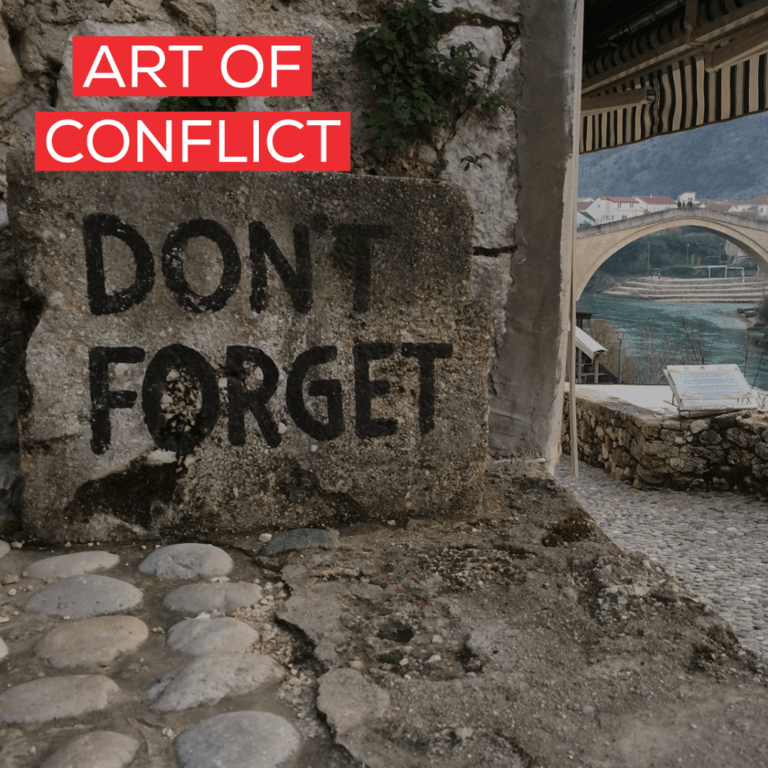
Driving Question: How can I accurately and artistically represent the cause, conflict, and conclusion of a researched civil struggle?
Module Overview: History is a mosaic of information that we must collate together in order to identify, as closely as possible, what actually happened. Our understanding of world events often depends on the perspective we were given when learning about a historical event, especially a conflict.
Researching history, we must identify as many perspectives as possible to best understand the event as it truly occurred. Even using research skills in this manner, a person can never really know what transpired and why, but it is the researcher’s job to try and figure out as close as possible the actual events. In doing so, they will truly learn from history.
Participants in The Art of Conflict module will research a conflict, identifying as many perspectives and narratives as they can through primary and secondary sources. For their final product, as their image of and understanding of that conflict comes into view, they will generate an artistic mosaic style art piece that visually depicts the events.
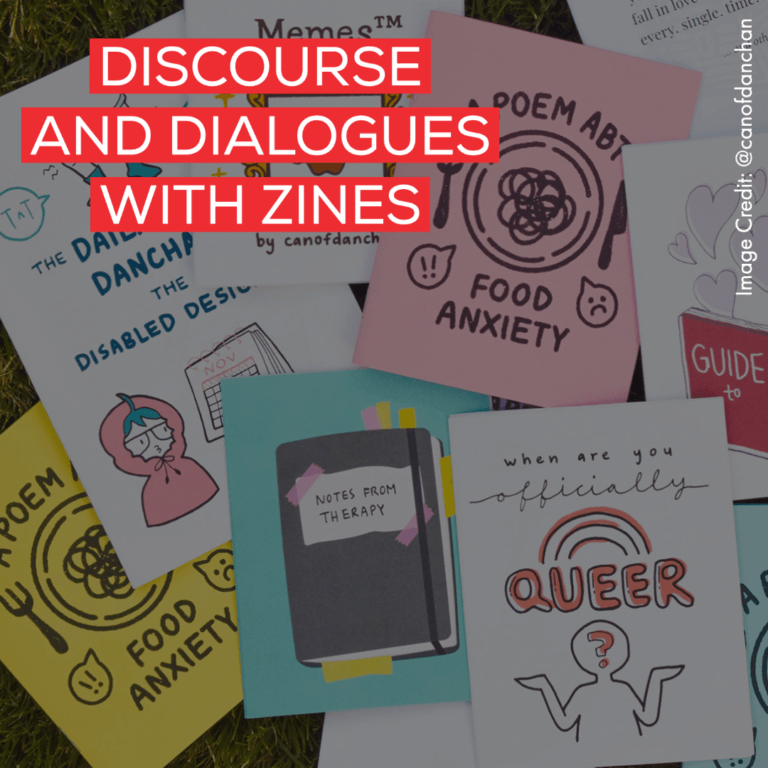
Driving Question: How can I use creative art practices to engage in discourse and dialogue on counterculture, social justice or everyday life through zines?
Module Overview: We write, speak, and act from places we know. Discourse (written or oral communication) challenges us to see more than what our “own minds have created,” inviting us into the world of another.
Discourse opens doors to new ideas, new forms of creativity and imagination, and new considerations outside one’s context. Once we venture outside the spheres we typically inhabit and into a reality different from our own, we begin to see, experience, and potentially exist in the world differently.
Zines offer a medium to publicly engage in discourse or dialogue about self, others, or the world. Zines are independently or self-published booklets that first appeared in the 1920s because of science fiction. Fanzines rose to prominence in the 1970s because of the British Punk scene and have recently made a resurgence as a reaction to the digital fatigue brought on by the unbridled access the internet provides.
Zines represent freedom, individuality, and independence. They are accessible, relevant, and invite creators to come as they free from notions of perfection. Students taking part in this module will participate in a mix of seminars that promote self- and social inquiry through discourse, investigation of counterculture, everyday life, and social justice. They will also engage in creative workshops focused on various art practices and zine-making techniques to work their way towards their final product.
See More Student Projects
You can find many more projects created by our students on our project portal.